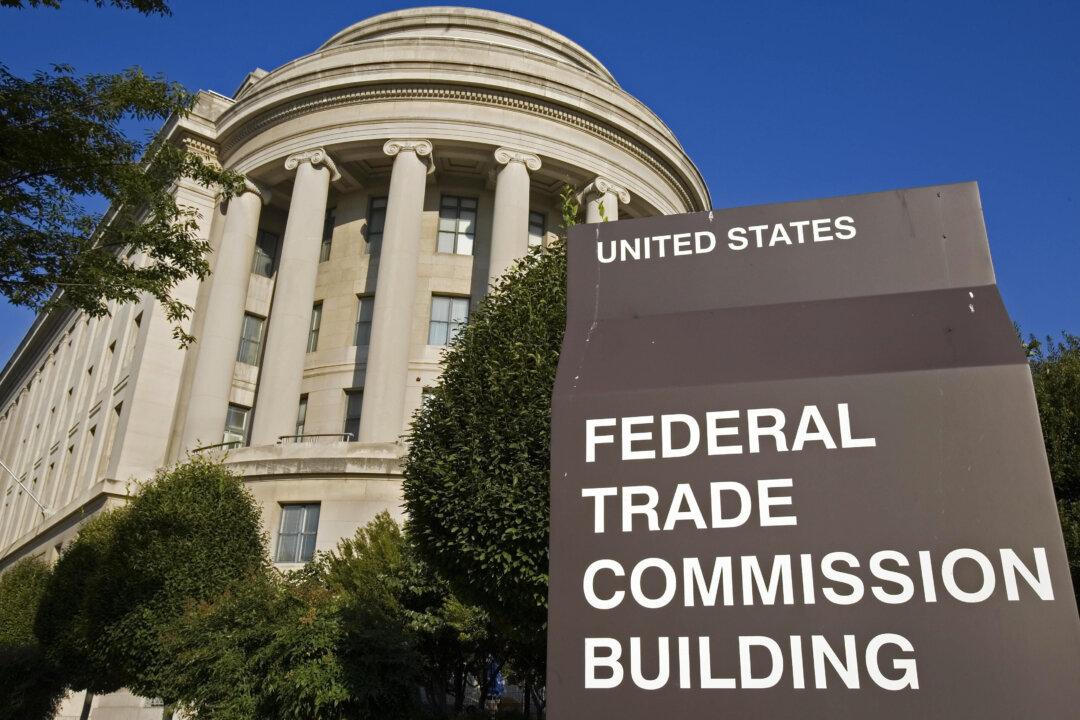The Federal Trade Commission (FTC) has announced a nationwide operation targeting illegal telemarketing calls as well as taking action against activities that employ deceptive tactics to collect people’s phone numbers.
“We are taking action against those who trick people into phony consent to receive these calls and those who make it easy and cheap to place these calls,” Samuel Levine, director of the FTC’s Bureau of Consumer Protection, said in a July 18 statement.





